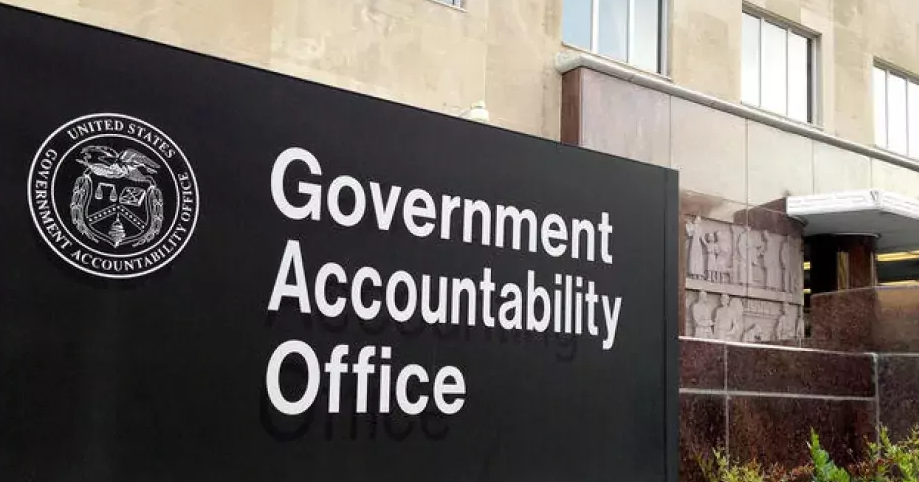THE CNMI’s total public debt as of Sept. 30, 2021 amounted to $121.1 million, according to a report by the U.S. Government Accountability Office.
This represented about 13% of the CNMI’s gross domestic product — the lowest debt-to-GDP ratio among the territories reviewed.
The report also noted that the figure reflects a 12% increase from $108.5 million in 2019. The central government was responsible for most of the CNMI’s public debt. Of the government components, only the Commonwealth Ports Authority and the Public School System had outstanding debt as of fiscal year 2021.
According to a GAO graph, the central government’s debt amounted to $94 million (78%), CPA’s debt was $26 million (21%), and PSS owed $1.2 million (1%) as of Sept. 30, 2021.
More debt
The report stated that the CNMI incurred more debt to cover its fiscal year 2025 pension contributions, and officials told GAO they are working to reestablish access to capital markets in order to issue bonds for the fiscal year 2026 pension payments. The CNMI reported a net pension liability of $440.8 million, or approximately 49% of GDP.
In November 2024, GAO noted that the Commonwealth obtained a $51 million bank loan to make required contributions that year and to pay off the balance on a previous pension loan.
Despite the CNMI’s comparatively modest debt level, the report said the Commonwealth faces significant challenges to economic recovery and financial sustainability. Its tourism-dependent economy has limited prospects for near-term recovery, particularly due to the lingering impacts of the pandemic and its vulnerability to extreme weather events.
GAO also said ongoing financial pressures continue to deepen challenges in meeting obligations, including pensions and post-employment benefits.
Broader issues cited in the report include:
– High costs of importing goods and energy.
– An undiversified economy with limited job opportunities.
– Population decline due to outmigration.
– Delays in audited financial statements and data reliability concerns that weaken fiscal management and creditworthiness.
Economic conditions
According to the report, the CNMI’s GDP was approximately $1 billion in fiscal year 2022, a 14% increase from the previous year, when adjusted for inflation. However, real GDP decreased by an average of about 8% annually from fiscal years 2018 to 2022.
Super typhoon Yutu caused widespread devastation on Saipan and Tinian in October 2018 while the Covid-19 pandemic virtually shut down the tourism industry in March 2020.
Tourism — the main driver of the economy — has not returned to pre-2020 levels. The closures of hotels and casinos on Saipan have further dampened economic recovery and contributed to job losses.
Financial information
The report noted that independent auditors have consistently raised concerns about the reliability of the CNMI’s financial statements. For example, the CNMI has struggled to obtain clean audit opinions.
GAO said it shared the CNMI’s financial statement data from fiscal years 2019 through 2021 as that was the most recent comprehensive data available on the territory’s financial status as of June 1, 2025.
“However, given the material and pervasive nature of the issues identified, the public debt, revenue, expense, and net pension liability, data included in our report could be significantly misstated,” the report said.
‘Bad for business’
In an interview, Steve Jang, a longtime CNMI businessman, shared his reaction to the report, saying this level of debt “can shake trust in the government’s ability to pay its vendors, deliver services, and respond to crises.”
He believes the mounting public debt directly impacts public services, noting that debt servicing “might mean cuts to healthcare, education, or infrastructure projects, which affect both workforce quality and tourism appeal.”
As for the business environment, Jang said the CNMI’s public debt can affect business owners like him through potential tax hikes, delayed payments to contractors, and possible regulatory instability.
“All these,” he said, “create uncertainty — which is bad for business planning.”
